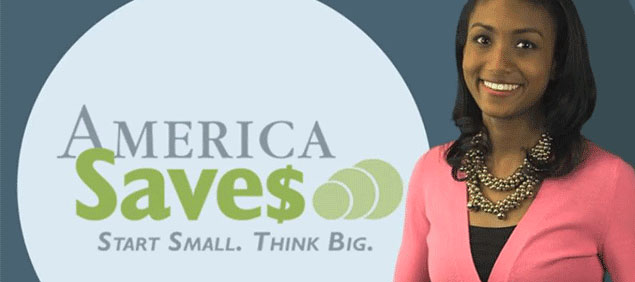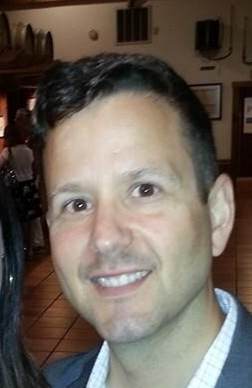 Teen workers are saving for the three Cs: Cars, Computers and College. Plus building emergency funds for unexpected expenses.
Teen workers are saving for the three Cs: Cars, Computers and College. Plus building emergency funds for unexpected expenses.
This is according to the teenagers who took the First Time Worker Pledge in our new class Making the Most of Your First Paycheck. The class uses materials from America Saves.
Extension has partnered with three groups to provide savings classes for teen workers this year. More than thirty teens pledged to save part of their paycheck. For example, one teen is saving $200 a month for 60 months to buy a $12,000 car. Another is saving $500 a month for six months for school costs.
Bicycling nonprofit Phoenix Bikes has a community bike shop in Arlington and its Earn-A-Bike program teaches bike repair to youth. Master Financial Education Volunteer Will Mason led four Phoenix Bikes employees through the savings orientation. Thank you to Phoenix Bikes’ Executive Director Meg Rapelye-Goguen for making the event happen.
Boys & Girls Clubs of Greater Washington’s Dunbar Alexandria-Olympic Branch in the City of Alexandria provides youth programs and mentoring. At the Dunbar Alexandria-Olympic Branch, 14 teens pledged to save: 11 young men and three young ladies. Thank you to Dunbar staff Alston Waller and Patrice Hall for recruiting participants. Master Financial Education Volunteers Judith Kom and Katrin Kark gave a well-received presentation.
Arlington County Department of Parks and Recreation’s Teen Entrepreneurial Amusement Management (T.E.A.M.) workers manage amusement rentals, including bouncy castles, cotton candy machines and rock climbing walls. Fourteen T.E.A.M. employees pledged to save: nine young men and five young ladies. Thank you to Parks and Rec staff Desi Jerry and Charlie Eby for help setting up the event. Charlie, who worked for the county when he was a teenager, gave a pep talk at the event. Master Financial Education Volunteers Bill Ross and Star Henderson lead the presentation.
Another crop of T.E.A.M. hires will participate in Making the Most of Your First Paycheck later in July. We expect more than 25 teens to pledge to save at this class.


